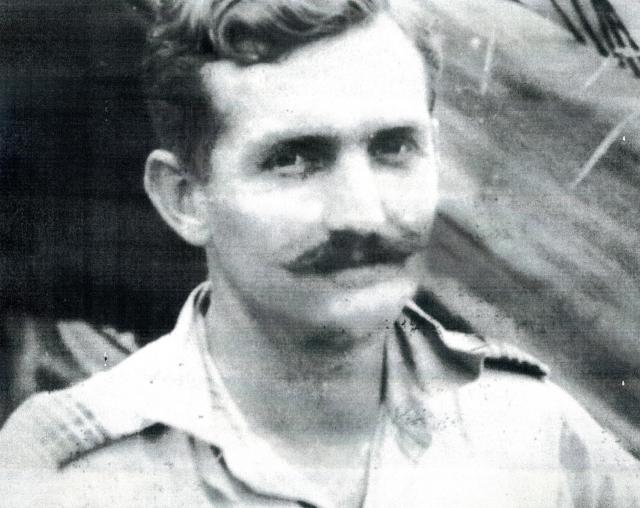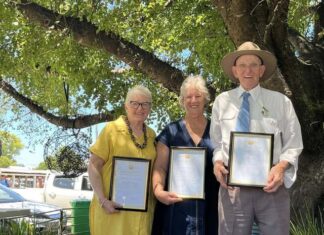Digital Edition
Subscribe
Get an all ACCESS PASS to the News and your Digital Edition with an online subscription
Life membership for three Allora Show veterans
It was lifetime honours for three passionate Allora show veterans on Saturday.
Narelle Henry, Kerry Haig and Keith Robin shared a proud moment when presented...









